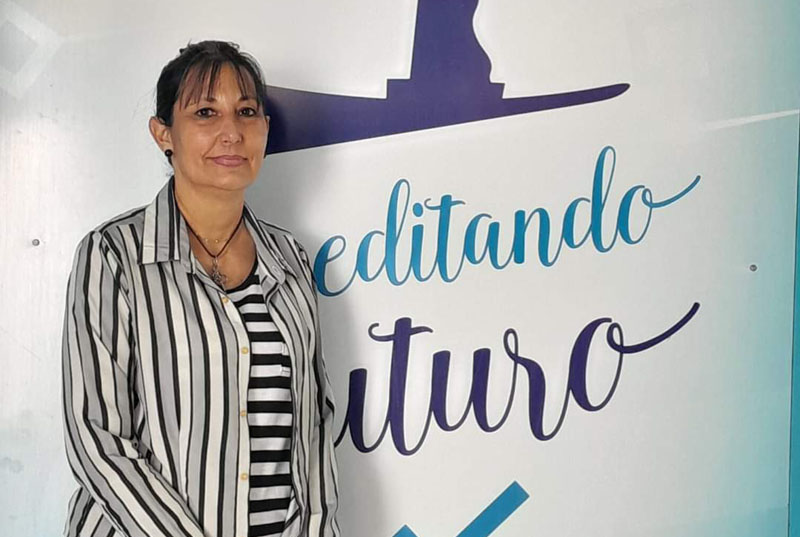Project on cultivation of the Maranta arundinácea Linn (Sago) approved
- Written by Lourdes Pichs Rodríguez
- Published in Holguin
- Hits: 1702

After her participation in the 6th edition of the National Event of the Women Creators with a Prize for the CBA-100 product for human and animal use, Dr. Alma Torres Gómez from Cádiz Agüero has returned to Holguín with the approval of a new project referring to the cultivation of the Maranta arundinácea Linn (Sago), with economic and social impact.
As the main author of this new research, the master in Biological Safety in Human Health, said that as a solution to the post-pandemic economic crisis and the need for projects to boost food sovereignty, she proposes the planting of that plant, as it constitutes an excellent food for babies, children under three years of age, the elderly, convalescents and the population in general, as well as being a substitute for people with Celiac Disease and gluten allergy.
She pointed out that the nutritional properties of Sago starch, composed of proteins, essential oils, fats and polysaccharides have been demonstrated.
Also, the organoleptic properties that favor its use in the industry are evaluated: granules of 10.5 to 12.5 micrograms, it has high amylose content (22.5 percent), pH of 6.2, humidity of 10, 2, the gelatinization temperature of 85.1º celcius at 10.3 minutes.
"A study of the internal and external market must be carried out to confirm that Sago offers possibilities for the substitution of imports, among them: flour, cornstarch and other cereals and, finally, present its potential to be converted into an exportable item for countries in Europe, Asia and North America,” she noted.
“If it becomes applied, it will have an economic, social, political and environmental impact, because in addition to the extensive phytochemical properties and biological compounds of Sago, its production at the national level would contribute to the food sovereignty program, since it is a product to replace imports of wheat flour, cornstarch, oats and quaker; while its plant is a soil improver, as it increases porosity and aeration of the soil where it is grown."
This new project promoted by Dr. Alma has intersectorial support for its promotion and research.
